Back to Courses


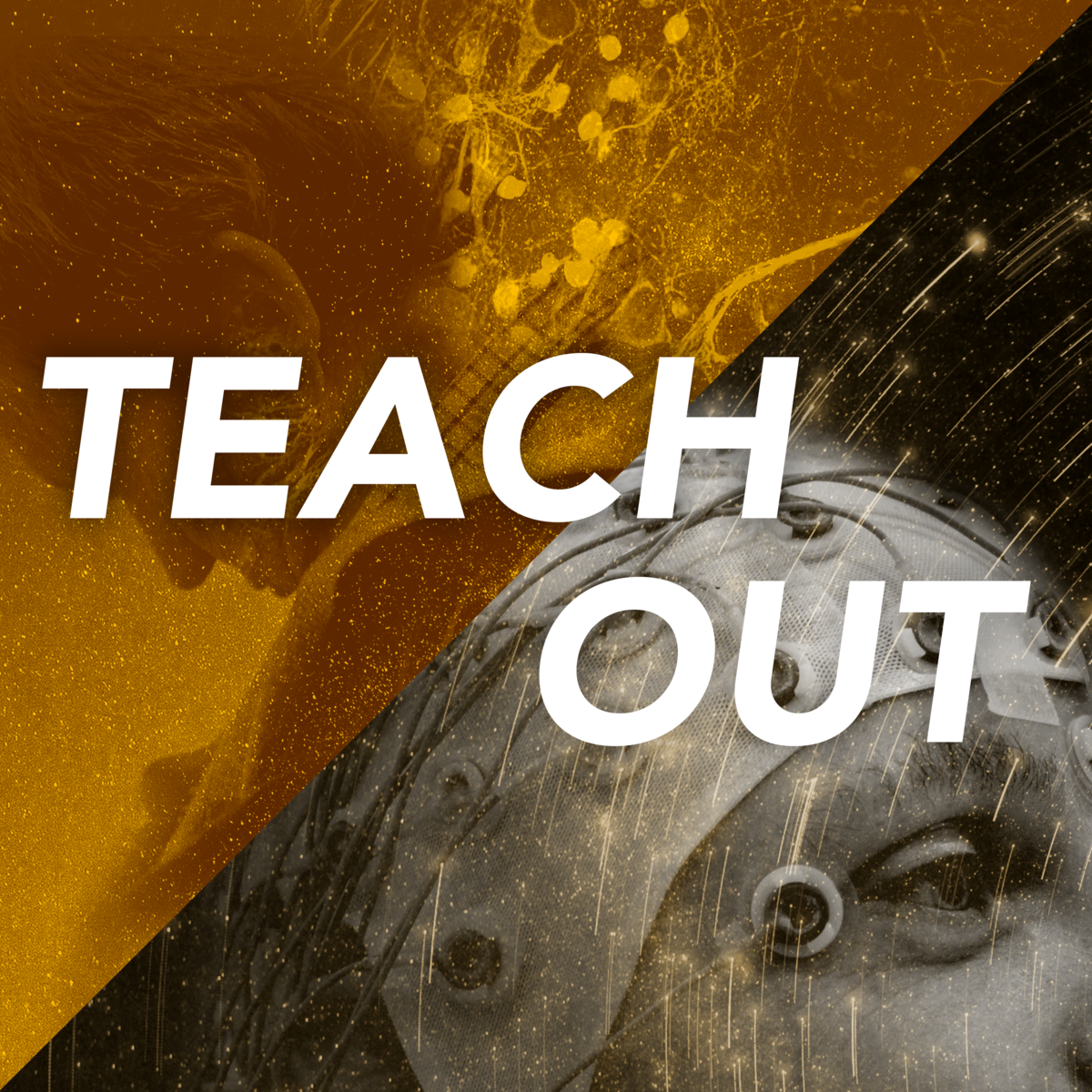
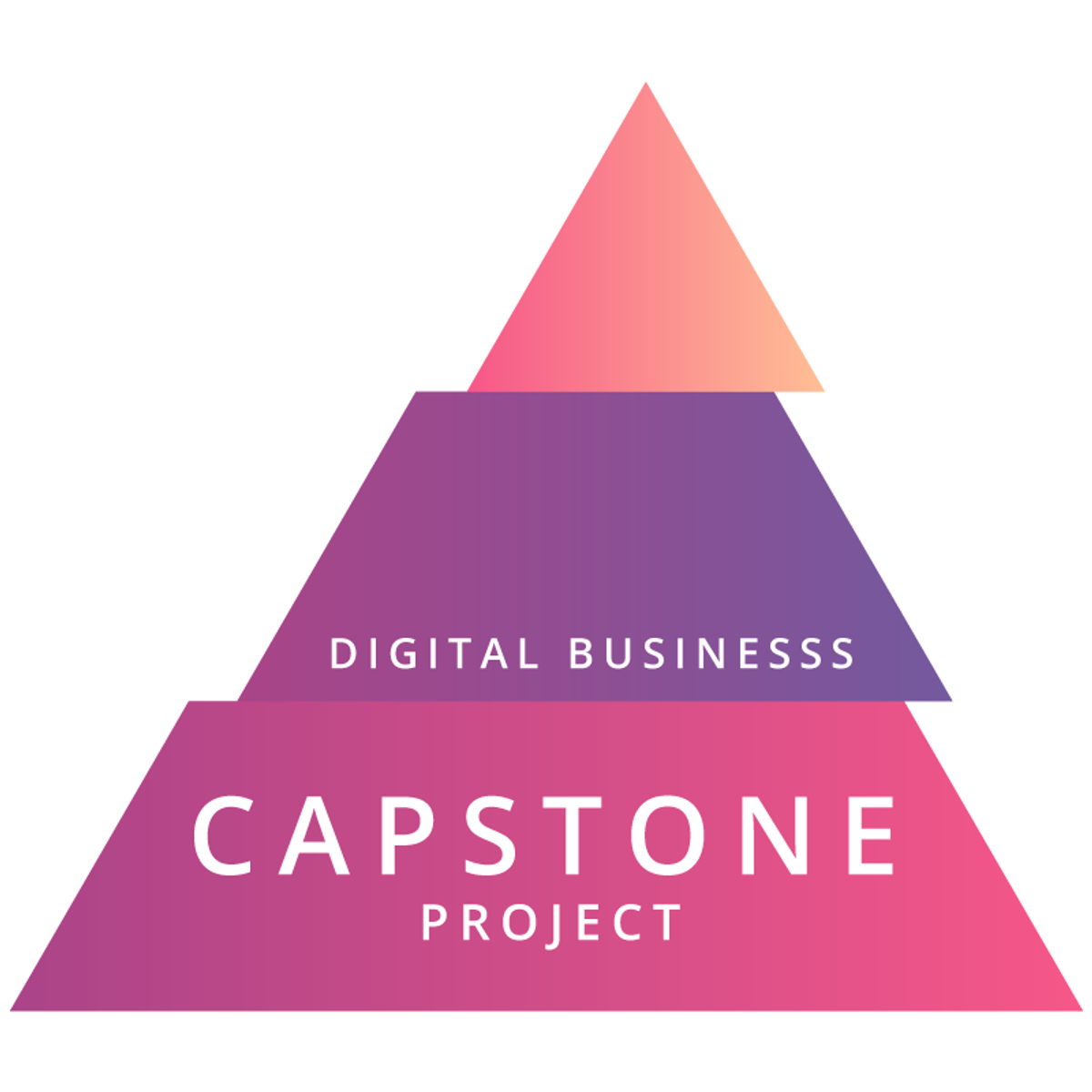
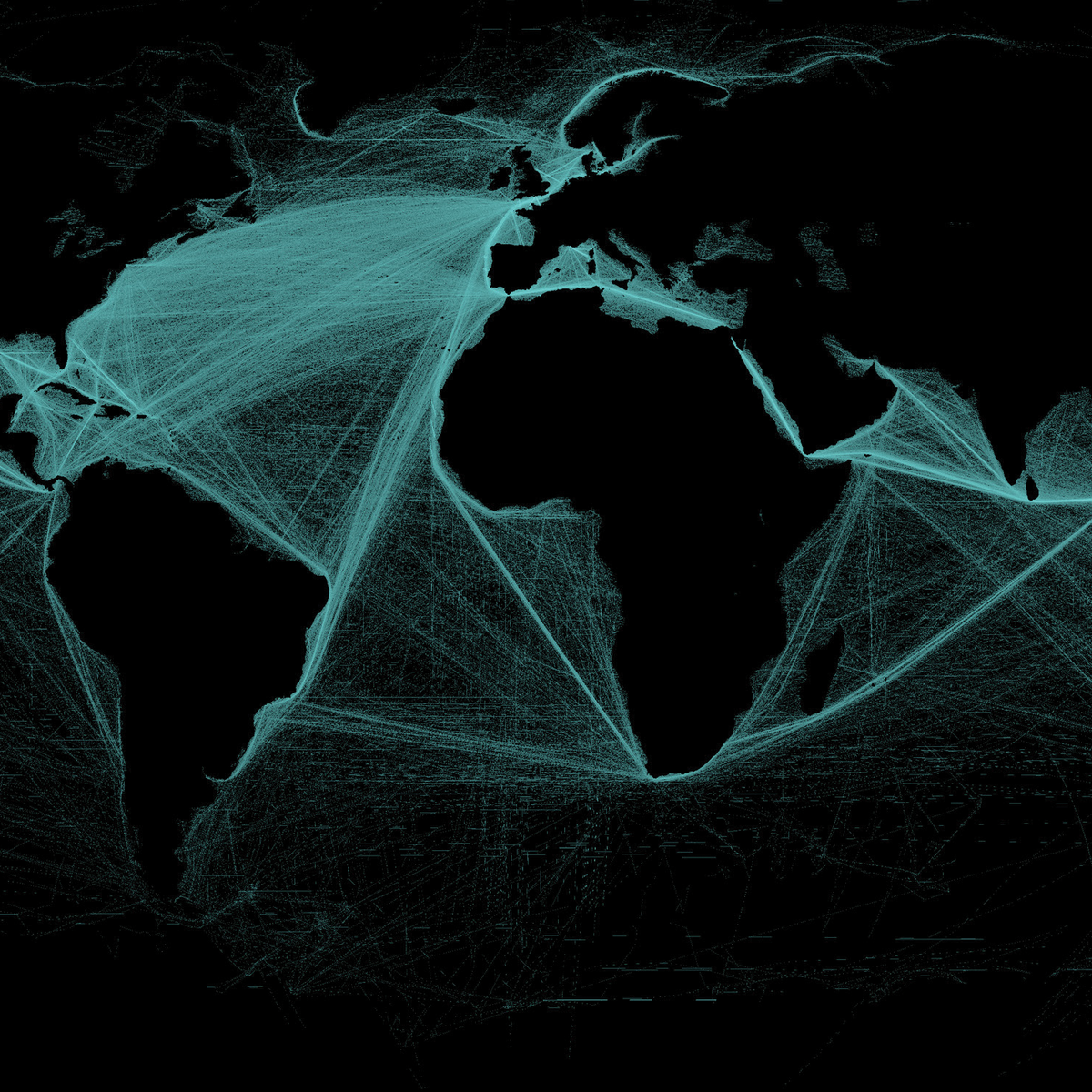

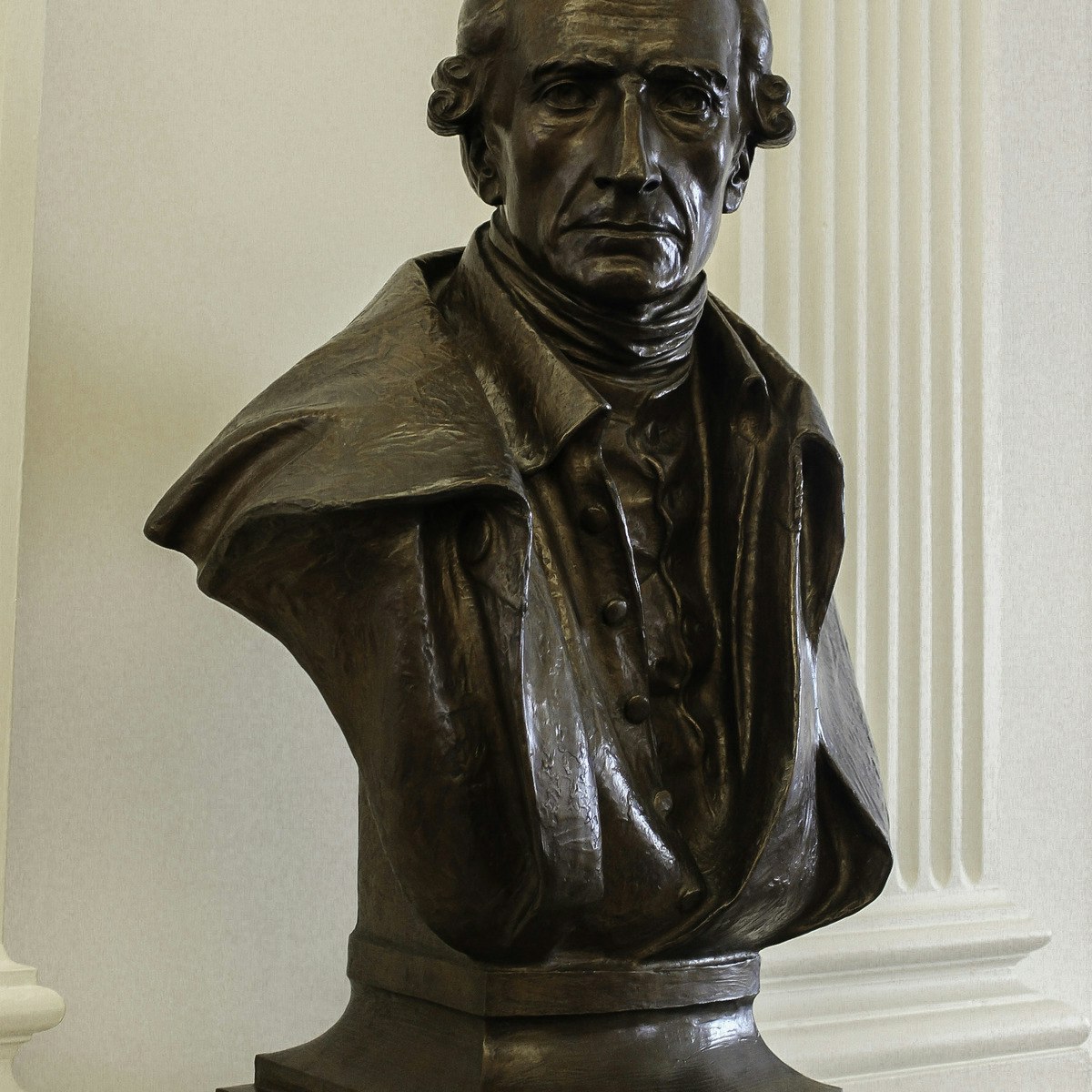

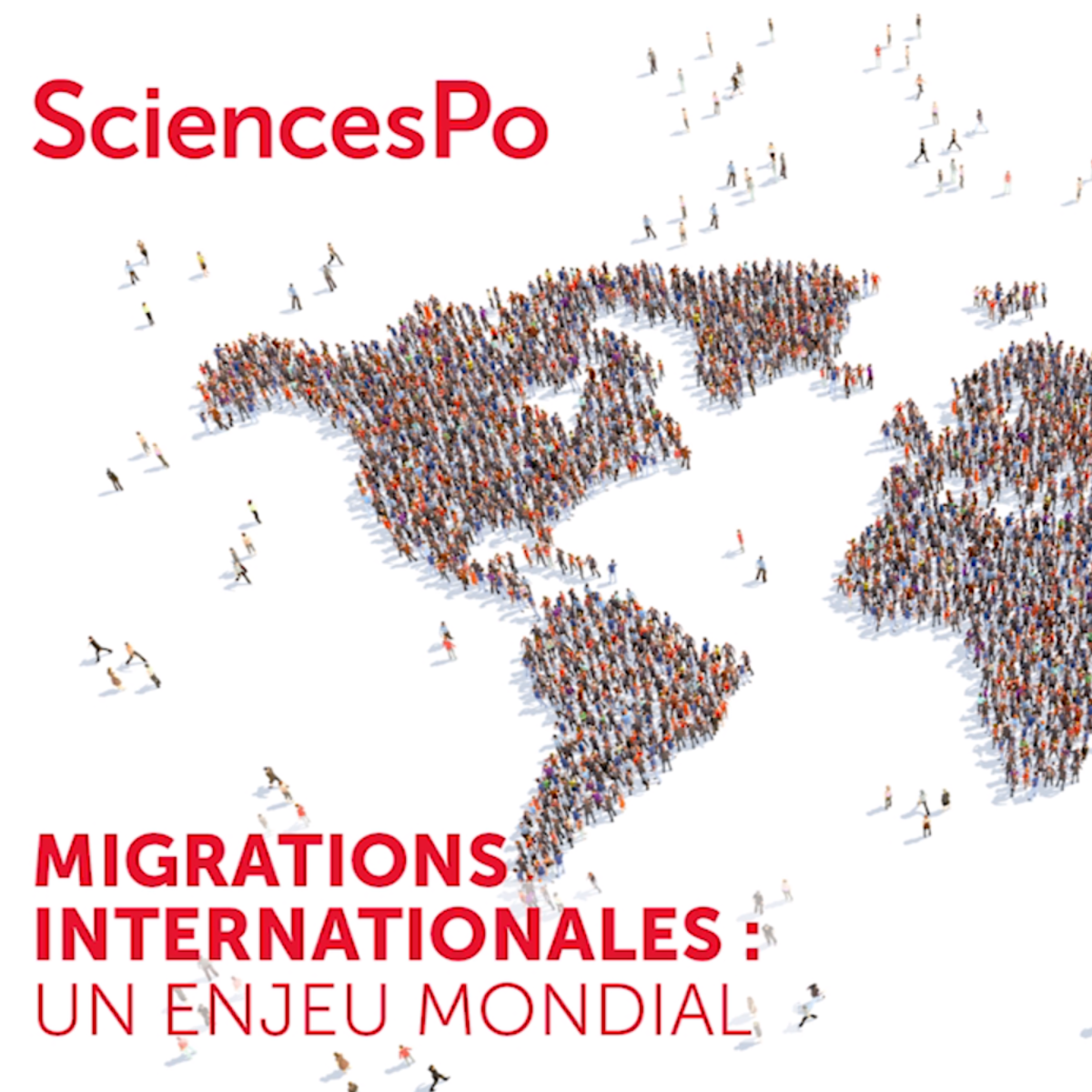
Governance And Society Courses - Page 16
Showing results 151-160 of 270

Water Resources Management and Policy
Water management today is faced with new challenges such as climate change or the effects of human activity. Public and private stakeholders who are active in this field must develop new ways to better manage the water cycle "as a whole".
The objective of this MOOC is to develop an understanding of the problems related to water management. Firstly, this course will define a resource and, more specifically, the resource of water. It will look at how water is used and the activities associated with it as well as any potential conflicts. The course will look at water management in detail through the analysis of the different types of rights and obligations associated with, for example, the development of a multi-sectorial regulation system or a watershed management approach.
By the end of this course, our aim is to enable you to:
1) Identify the main issues and strategies linked to water resource management
2) Acquire the key reading material needed to understand the many variables (environmental, institutional and political) which affect water and which, in terms of management, may require adjustment.
This course was developed by the Geneva Water Hub. Alongside researchers from the University of Geneva from a range of faculties, researchers from other universities and research centres will be involved in this course. Practitioners who deal daily with the political dimension of water management will also input into the course.
This MOOC is designed for all those interested in the water sector. Prior training is not necessary to follow our program. The findings presented in this course can be easily reapplied to different contexts and to different scales of analysis.
This MOOC is supported by the Geneva Water Hub and the University of Geneva along with the MOOC in « Ecosystem Services: a Method for Sustainable Development » (www.coursera.org/learn/ecosystem-services) and the one in "International Water Law" (www.coursera.org/learn/droit-eau). This course is funded by the Global Programme Water Initiatives of the Swiss Agency for Development and Cooperation (SDC).
This course is also available in French : www.coursera.org/learn/gestion-eau

Violence Against Healthcare
At the global level, there are many countries marked by violence affecting health care. The 'Health care in danger' project aims to establish practical measures and recommendations that can be implemented on the ground by policy-makers, humanitarian organizations and health professionals. In view of the multiplicity of actors and latitudes concerned, it is essential to be able to make available the tools needed to make informed decisions, guide behaviour in high-risk areas and provide everyone the means to create and optimize the dialogue between humanitarian professionals and health on the one hand and relevant authorities or other armed actors. This course covers various topics such as ethics, rights and responsibilities of the staff of health and pre-hospital personnel, issues related to international law and humanitarian law, international human rights, caregivers and patient safety as well as the role of communities to address and reduce violence against health care.

Citizenship and the Rule of Law
"Be you so high, the law is above you." This principle, part of the Rule of Law, has come to represent the powerful idea that even politicians and monarchs are bound by the law. However in an age of powerful corporations, international cyber-crime and popular support for authoritarian leaders, the Rule of Law is under threat worldwide.
This course, run by the Bingham Centre of the British Institute of International and Comparative Law, will provide an introduction to headline issues around the Rule of Law. Each week we will tackle aspects of the Rule of Law and discuss how they are impacted by current events. The course will use video lectures, recommended reading, discussion questions and activities to enable you to develop your own perspective on the Rule of Law. Though this course sits at the intersection of law and politics, participants do not require any formal educational background in either of these subjects to join. The course will take place over 6 weeks with approximately 3 hours of content each week.

Sleep Deprivation: Habits, Solutions, and Strategies Teach-Out
Sleep deprivation is a silent epidemic. Since the invention of the light bulb, we have increasingly had less sleep than our ancestors. We prioritize work, school, socializing, sports, screen time – just about everything – over sleep. Sleep is viewed as compressible, something that can be made up at any time, but rarely is. Most believe this poses little risk. Unfortunately, they could not be more wrong.
The truth is that an adequate amount of good-quality sleep is critical to good health. Lack of sleep leads to deadly crashes, reduces productivity, and harms quality of life. Insufficient or disordered sleep can increase risk for anxiety, depression, heart attack, stroke, arrhythmia, heart failure, and early death. This Teach-Out can be your first step in doing something about sleep deprivation.
By joining this Teach-Out, you will be able to:
Understand how the sleep deprivation epidemic affects your health and wellbeing.
Implement solutions to improve your own sleep habits.
Identify strategies you can harness to improve the quality of sleep within your community.

Digital Business - Capstone project
LVMH! Huawei! Energysquare! Three companies in very different industries: luxury goods, telecommunications, energy. Three companies with very different sizes, histories and DNA. And yet, they all share the same objective: to innovate and change, and so to remain or become leaders in their respective markets. The multiple questions that this raises for them warrant your close attention. In this capstone module, you will study each of these three companies and will in turn be an analyst, a consultant and a manager, depending on the assignment. You will use the knowledge acquired in the three MOOCs of this specialization to complete your assignments: analyse a digital business process, define and formulate a strategic shift, apply the principles of growth hacking, and more.

Global Systemic Risk
What is globalization and how does it work? How can we understand the process as a whole? How are the parts of the world linked? What are the risks of living in a world where “no one is in charge”? This course introduces students to systems thinking, network theory, and risk analysis and uses these tools to better understand the process of globalization. Focusing on trade, finance, and epidemiology, it analyzes potential challenges to the current global order.
The course will be of interest to those studying global affairs, system dynamics, and world governance. It offers a set of heuristics that students can use to analyze contemporary global challenges. Linking the recording of Abbey Road to the COVID-19 pandemic provides new insights into the apparently chaotic world around us.
Complex systems form the backbone of our increasingly interconnected and interdependent society. What were once more localized economies, supply chains, and social-ecological systems are now rapidly globalizing, and interacting with one another across countless spatial and temporal scales as technologies expand at ever greater velocities. These tightly coupled systems deliver greater efficiency and prosperity, but at the cost of greater fragility and the threat of catastrophic failure. This “global systemic risk” has implications in all functional domains affecting our daily lives—from the global financial system to healthcare, to critical infrastructure networks.
Organized with 7-10 minute classes grouped together into longer modules, the course will have a linear “core” curriculum presented at the introductory level, with the potential for optional offshoots that give learners a more in-depth look into certain areas with more technical content.

Israel State and Society
Israel is a country that draws a lot of public attention around the globe. Nevertheless, both those who support Israel and those who are critical of its geopolitical standing and policies, usually have a very limited knowledge about the Israeli society and its political system. This course presents Israel from multiple perspectives - political, social, economic and cultural - in an attempt to expose the learners to a cutting edge academic research on the country.
Each of the 13 sessions is focused on one aspect of the Israeli society. Every session starts with a general introduction of the issue at hand, hosting one expert or more, who share their most recent studies and insights on that specific field. Every 15 minutes, or so, the students are asked to answer an informative quiz of comprised of a single question. Upon the completion of each class, an online chat will be opened. Students studying for credit are expected to participate in it, ask relevant questions and answer questions about the required readings for this class.
Students will graduate from this course with a better understanding of the Israeli society, better knowledge of the Israeli history, politics and economy, and better acquaintance with the varying groups of which the Israeli society is comprised.

Patrick Henry: Forgotten Founder
“Give me liberty, or give me death:” Remembering Patrick Henry, the Forgotten Founder
Patrick Henry was enormously popular during the American Revolution. Even Thomas Jefferson, who over time developed a deep loathing of Henry (some would say jealousy), had to admit that “it is not now easy to say what we should have done without Patrick Henry.” Edmund Randolph, a patriot leader in his own right, explained that “It was Patrick Henry … awakening the genius of his country, and binding a band of patriots together to hurl defiance at the tyranny of so formidable a nation as Great Britain.”
Yet, today, Patrick Henry is ill-remembered; most Americans might recall at best perhaps a snippet from a famous speech: “give me liberty, or give me death.” The reasons for our historic forgetfulness are several: after the Revolution, Henry chose to oppose ratification of the U.S. Constitution, believing that it created a distant and too-powerful government, and he refused proffered position in George Washington’s administration, diminishing his historic memory. Equally important, Henry died in 1799 shortly after a political campaign in which, at Washington’s behest, he opposed Jefferson’s and James Madison’s ill-advised radical states’ rights attack on the U.S. government, and Jefferson spent the next twenty-six years systematically attacking Henry’s legacy.
Patrick Henry, who helped to ignite a revolution, deserves better. This course will explore how he over¬came challenges to reach the pinnacle of Virginia politics and unite Americans behind a challenge to Britain – the eighteenth century’s super-power, why he opposed the U.S. Constitu¬tion, and why he then came out of retirement to defend the people’s Constitution against the attacks of Jefferson and Madison.
Participants should evaluate Henry’s role in proclaiming a revolution and consider whether he had an equally important role in saving it. The course should also develop an improved appreciation for the complex political, economic, and religious forces that shaped the early republic. As a biographical course, it also demonstrates how personalities play an important role in even the most foundational national history.
Image Attribution:
The background image for this webpage is Patrick Henry before the Virginia House of Burgesses by Peter F. Rothermel (1851) with special thanks to the owner, the Patrick Henry Memorial Foundation. The painting of Patrick Henry's 1765 "Caesar had his Brutus" speech (discussed in the second lecture) is entirely romanticized -- neither Henry nor the House of Burgesses looked at all like this -- but it does show that hagiography of Henry, almost god-like veneration, began shortly after this death.

Urbanisation and Health - Promoting Sustainable Solutions
More than half of world’s population lives in cities while only 5% did so in the 18th century. The rapid urbanisation has resulted in for example inadequate infrastructure, physical inactivity, gentrification, air pollution, and growing numbers of slum dwellers. All factors challenging health and wellbeing of the people living in the cities. In addition, when addressing climate change it has become of paramount importance to look at mitigation and adaptation investments tailored to the urban context.
As stated in the Sustainable Development Goal 11 adopted by all United Nations member states in 2015, societies need to be at the forefront in the continuous management and design of urban spaces to secure that cities and human settlements are inclusive, safe, resilient and sustainable.
In this course, you will learn about the key determinants of urban health including demography, climate change, air pollution, noise, transport systems, public and blue and green spaces, and policies and investments affecting sense of community and public safety. You will get a historical overview of the major trends in urban planning and meet a range of stakeholders in urban planning who will provide examples of innovative methods and people-centered approaches to create sustainable solutions.
Finally, you will be provided with a series of resources to inspire you to help create awareness and action around an idea or sustainable solution in the field of urbanisation and health.
The course has been developed (with support from EIT Health) in a partnership between the University of Copenhagen, Universidad Politécnica de Madrid and University of Coimbra.
Researchers and stakeholders in urban planning will introduce you to cases from cities in Denmark, Spain, Portugal and many other urban settings across the world.
The aim of the course is to further interdisciplinary knowledge on urbanisation and health. We plan for the courses to reach citizens and activists as well planners, practitioners and decision-makers with a professional interest in sustainable urban planning from countries around the world.

International migrations: a global issue
ABOUT THE MOOC : INTERNATIONAL MIGRATIONS: A GLOBAL ISSUE
Catherine Wihtol De Wenden - CERI CNRS/SciencesPo
ABOUT THE COURSE
The world is moving, but not all opinions and governments are willing to accept this poorly understood reality. The issue affects both states and the planet, in a process of globalization and of regionalization of migrations, and raises new questions for international relations, now including the South. This course aims at improving knowledge of the subject, addressing the key issues raised by international migration, and assessing the trends of tomorrow.
FORMAT
The MOOC lasts 7 weeks and focuses on various themes related to migration. It makes use of various types of document, such as maps, news articles, and scientific papers.
The text is in English and the videos are in French with English subtitles
TEACHERS
Catherine Wihtol de Wenden is Research Director at the CNRS (CERI) and teaches at Sciences-Po. She has been a consultant to many international organizations, notably the Council of Europe and the Office of the High Commissioner for Refugees. From 2002 to 2008, she led the "Migration" research group of the International Sociological Association. Author of some 20 books, and having conducted many field investigations, she also teaches at the Sapienza University of Rome.
COURSE OUTLINE
Session 1: Globalization of migration
Session 2: Refugees and environmentally displaced persons
Session 3: Europe
Session 4: France and international migration flows
Session 5: Citizenship and migration
Session 6: Borders
Session 7: Right to mobility and global governance
Popular Internships and Jobs by Categories
Find Jobs & Internships
Browse
© 2024 BoostGrad | All rights reserved